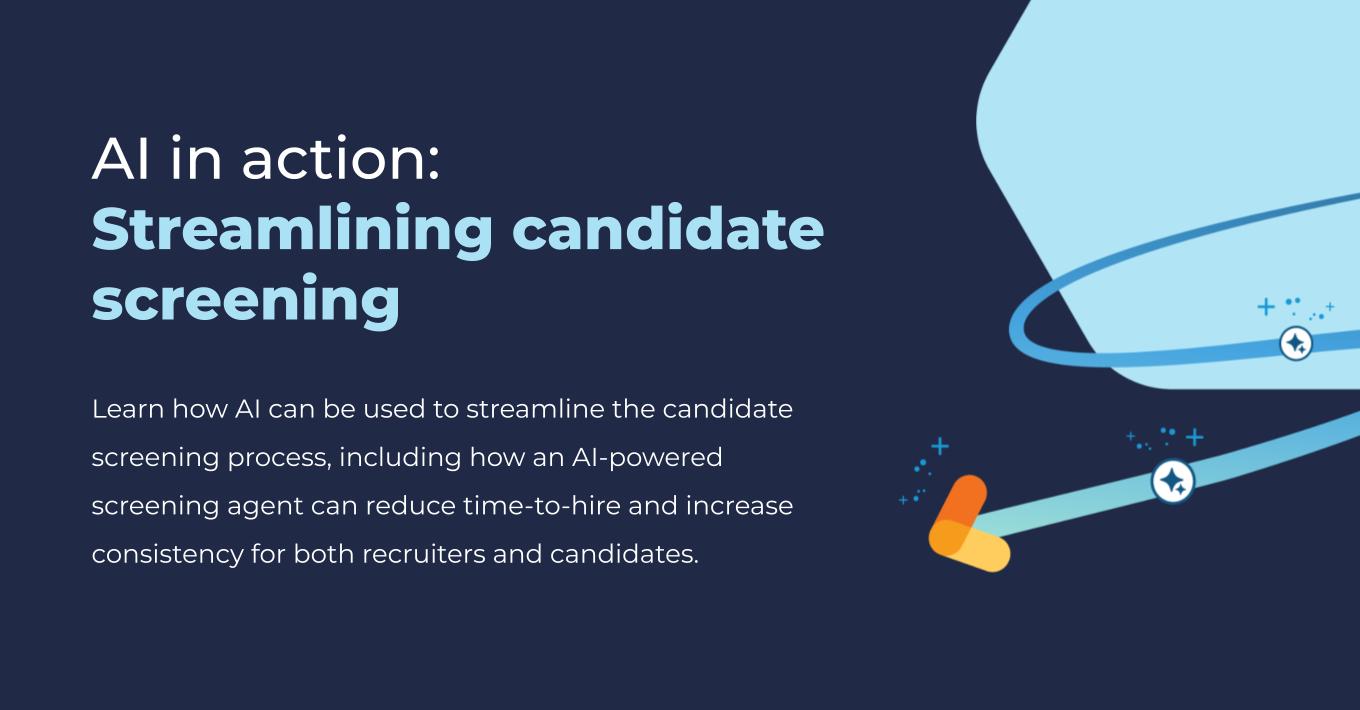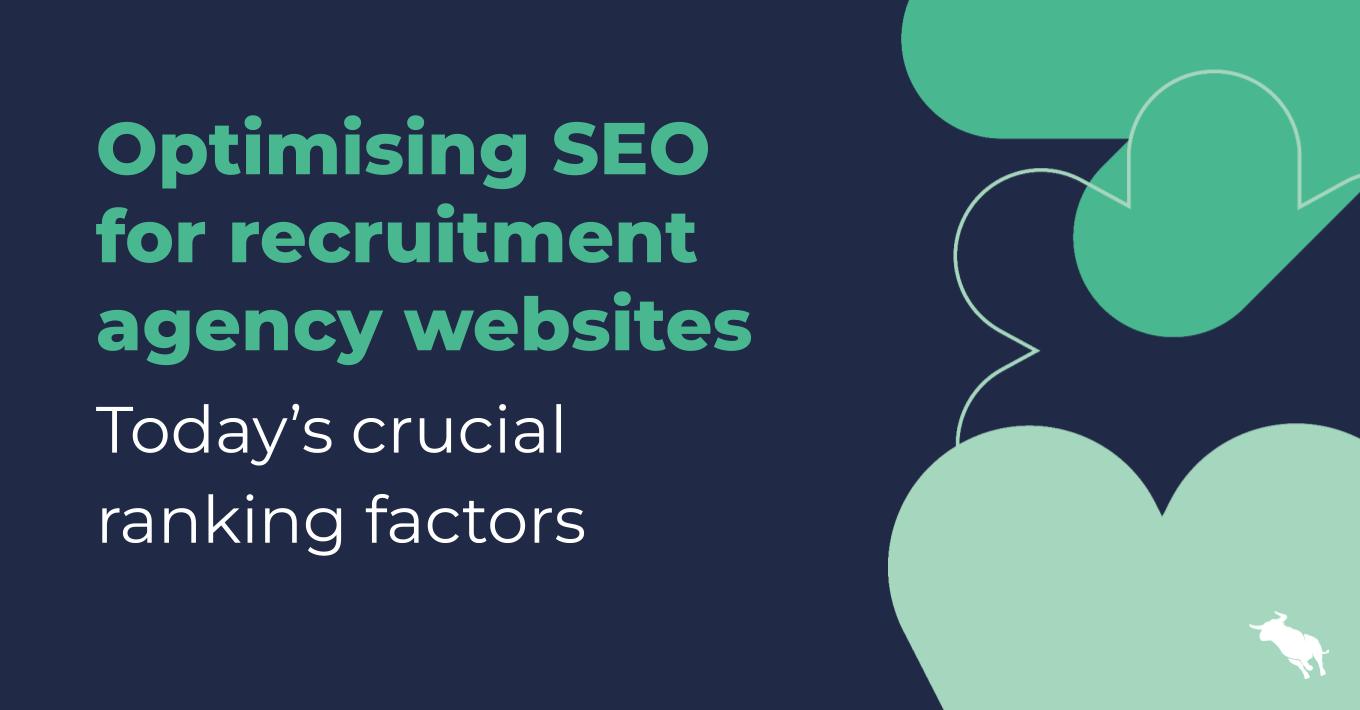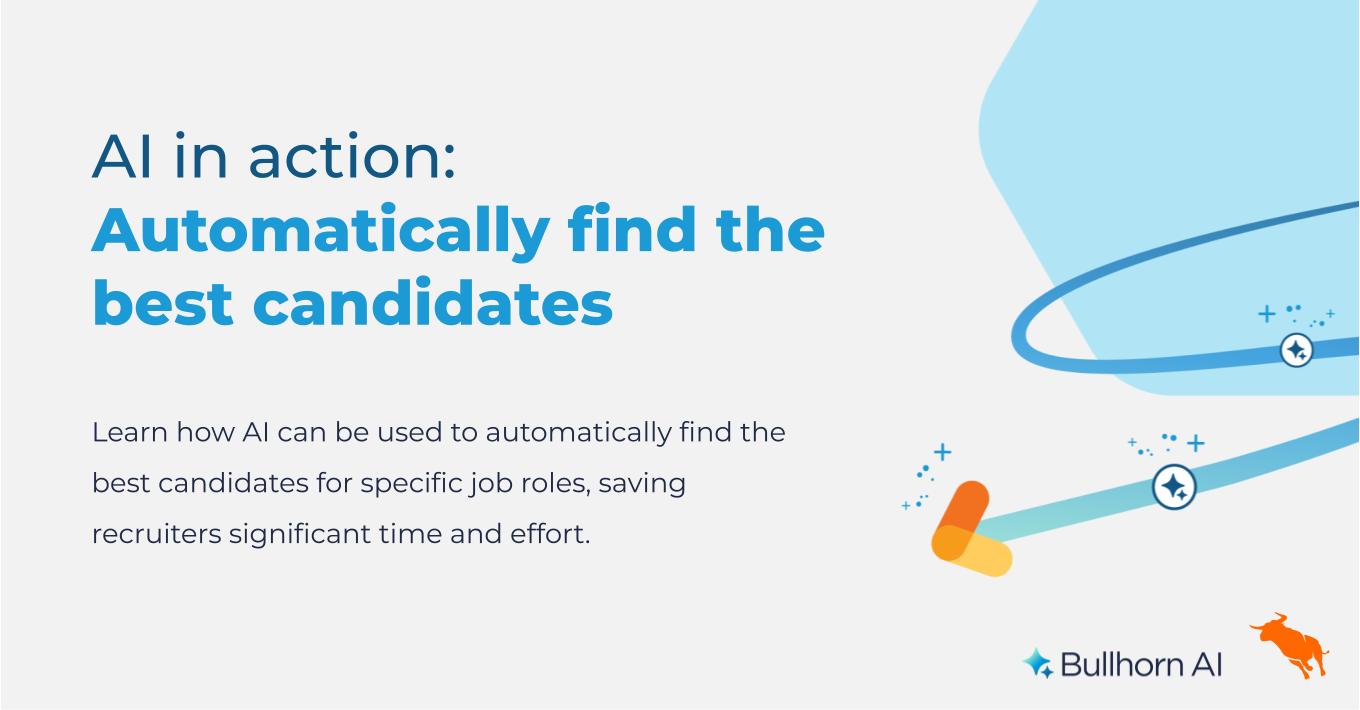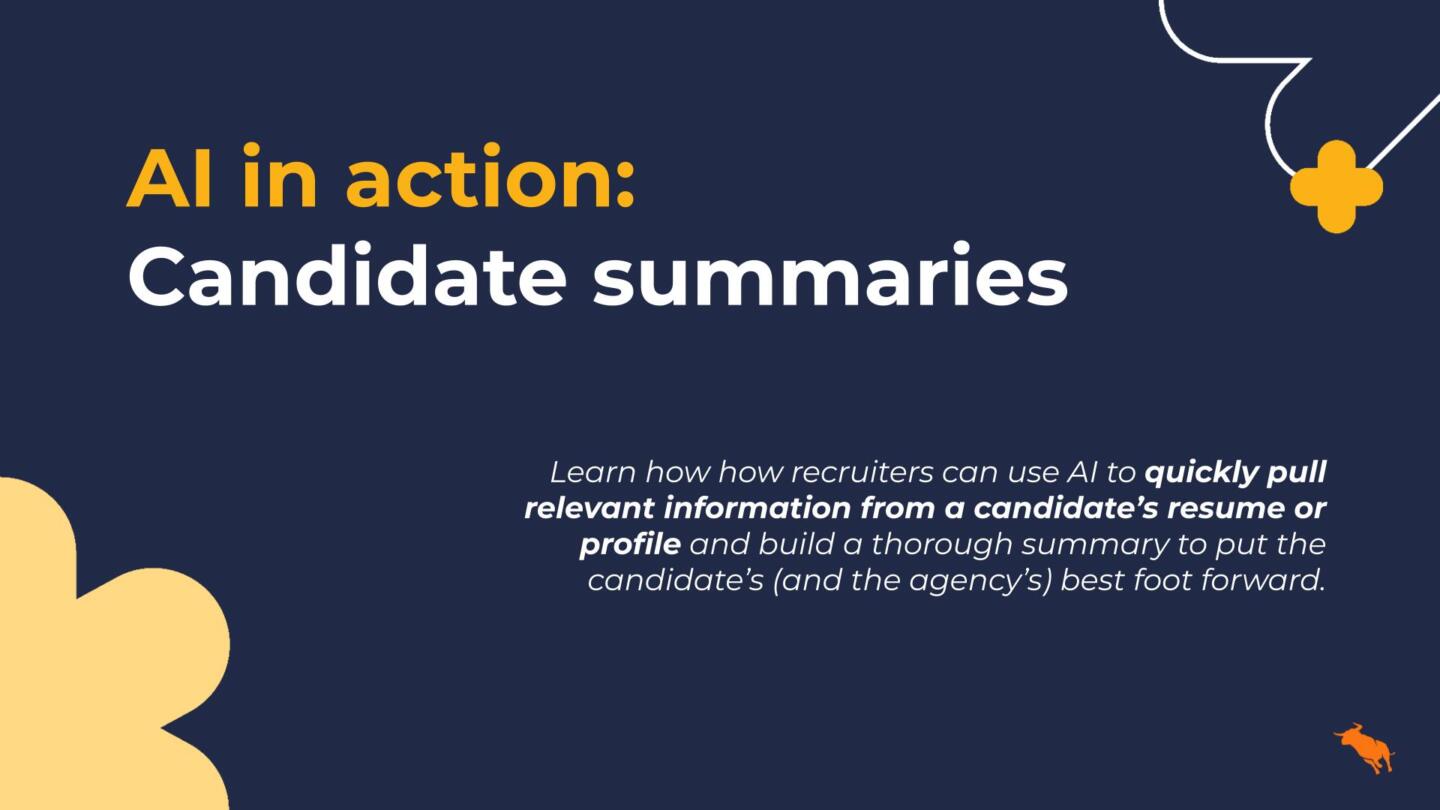The “Cloud Conspiracy” – Is Your Recruitment CRM Truly Cloud?

 Enterprise Sales Director of Bullhorn APAC Matt Webster gives his unique insight on the changing landscape of recruitment technology and unveils a common yet costly misconception plaguing the industry.
Enterprise Sales Director of Bullhorn APAC Matt Webster gives his unique insight on the changing landscape of recruitment technology and unveils a common yet costly misconception plaguing the industry.
In my 3 years at Bullhorn, I’ve witnessed a fundamental shift in the mindset of recruitment business owners. Back in 2013, many showed a reluctance to adopt cloud-based technology. There was a real scepticism around the benefits and stability of what, back then, was a developing architecture. Today, it seems that almost every request for purchase that I receive includes “cloud-based” as a requirement.
It’s clear that the benefits of the cloud have well and truly redefined the recruitment software landscape – it’s become the norm, and quickly. When we consider the various benefits of the cloud, this shouldn’t be a surprise to anybody, but some software providers were later to adapt than others. Those who were late to the party suffered a real disadvantage.
Technology moves quickly, and recruitment CRM providers that did not adapt in time were faced with a difficult choice: they could either develop a true cloud-based product from scratch or dress an existing product so that it resembled a cloud solution. I’m sorry to say that many opted for the latter, simply hosting their existing platforms online through a thin client and calling them “cloud-based.” The biggest problem with this type of product is that many recruiters don’t understand the difference between this hosted solution and a true cloud, Software-as-a-Service (SaaS) alternative.
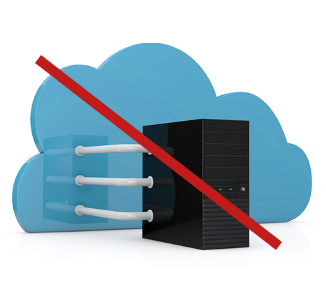
Hosted solutions, originally called ASPs (Application Service Providers), are the biggest culprits when it comes to spreading this misinformation. Think of ASPs as older, installed solutions which have been hosted online through what’s referred to as a “thin client.” Accessed with a login and password, ASPs are implemented on a case-by-case basis and are often deceptively marketed as “private cloud solutions.” Although these may resemble SaaS solutions at first glance, recruiters should know that these systems lack critical performance, security, and service features that are only available on true SaaS solutions.
 ASPs may claim that the “private cloud” is equivalent to being in the true (public) cloud, but this couldn’t be further from the truth. The fact is that SaaS solutions are built specifically for web browsers from the ground up, whereas ASPs were recreated for online access, resulting in a noticeable difference in bandwidth demands and performance. SaaS solutions are also built on multi-tenant architecture, securely allowing multiple customers to use the same web-based CRM. This allows an SaaS provider to universally improve the security, features, and support for all its users, while ASPs can only deliver service on a case-by-case basis, which is both costly and time-consuming.
ASPs may claim that the “private cloud” is equivalent to being in the true (public) cloud, but this couldn’t be further from the truth. The fact is that SaaS solutions are built specifically for web browsers from the ground up, whereas ASPs were recreated for online access, resulting in a noticeable difference in bandwidth demands and performance. SaaS solutions are also built on multi-tenant architecture, securely allowing multiple customers to use the same web-based CRM. This allows an SaaS provider to universally improve the security, features, and support for all its users, while ASPs can only deliver service on a case-by-case basis, which is both costly and time-consuming.
Fortunately, distinguishing true-cloud SaaS solutions from ASPs and other lesser variants is quite simple if you know what to look for. Here are 5 key questions to ask when you suspect that you’re being sold a fake-cloud product:
Did the same software used to be offered as an installed version?
This is perhaps the clearest sign of an impostor SaaS. If the answer is yes, you’re almost certainly evaluating an ASP or hosted solution. Run for the hills!
Does the vendor claim that the system can be offered as both “SaaS” and installed?
If the answer is yes, then the vendor is not offering a true SaaS platform. SaaS platforms are never offered as an installed version and, again, you’re likely dealing with an ASP or hosted solution masquerading as a SaaS solution.
Is your software referred to as multi-tenant?
If the software is not “multi-tenant,” it’s not a true SaaS platform. Period.
Does your software integrate (not just interface) directly with other web applications by using web technology such as APIs or web services?
If the answer is yes, congratulations – you have yourself a genuine SaaS recruitment CRM that’s capable of plugging directly into other true cloud solutions without costly custom projects.
Does your prospective provider offer free, regular updates that are automatically provided to you without any effort on your behalf?
This is perhaps the biggest factor that has made true cloud SaaS recruitment software so popular. If your provider does not offer this, it’s not true cloud and your technology isn’t future-proof.
Making sure that your company invests in the flexibility and security of a Software-as-a-Service web-based provider is an important step when selecting recruitment software. But there are numerous additional factors to consider. Download The Ultimate Software Buyer’s Guide for Recruitment Agencies for a comprehensive report on the necessary features and functionalities of a top-flight recruitment CRM.

